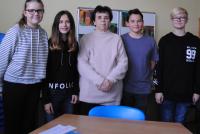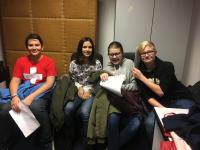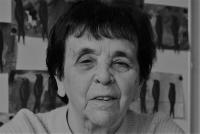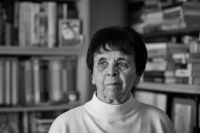People were celebrating birthday, Germans came and killed them all
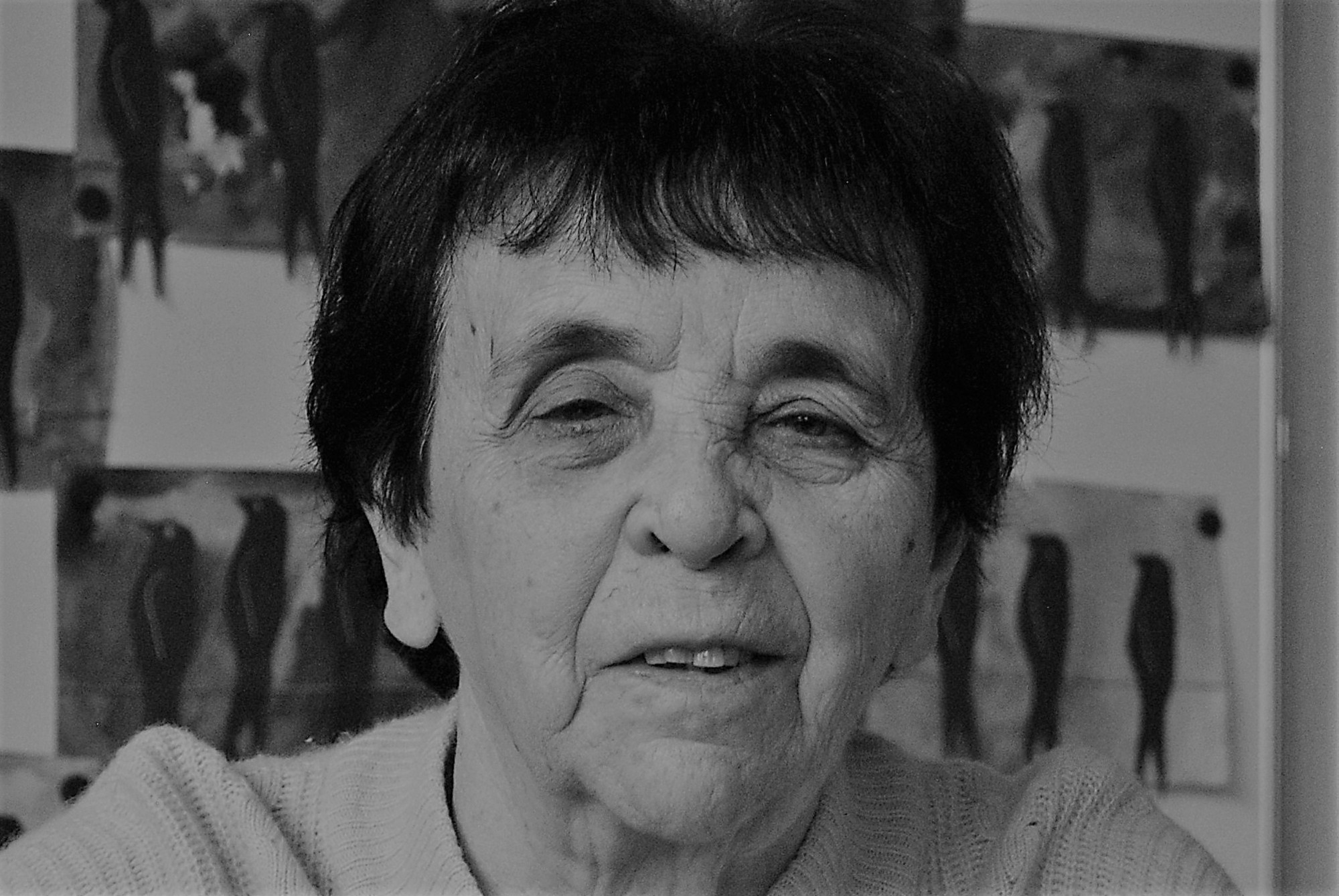
Download image
Anna Blažíčková, née Free Petráčková, was born April 24, 1933 in Vodňany, in the family of textile trader. She spent most of her youth in Bechyne. After grammar school she studied at the Faculty of Education in České Budějovice, later transferred and completed the Faculty of Arts in Prague, Czech and Russian. Her husband was Přemysl Blažíček, a literary expert. She spent war in Bechyne and communism mostly in Prague. Between 1958 and 1964 she taught at secondary schools in Votice, Vlašim and Prague. Later on, she devoted herself mainly to writing books and literary science. During her childhood, she had experienced several fears from the Germans, especially for her father, whom the gestapo was repeatedly interested in. In the period of communism they were labeled as an unreliable family, several times her husband was threatened to get kicked out from CSAV (note: Czechoslovak Science Academy), where he worked (due to his disability - affected hands - he was not fired), and they survived the normalization in poverty. She devoted herself to literary science and wrote books for children and adults: Waiting in the crowd, Direction Červený Újezd, Who does not plant, he will not win, Animal fairy tales, Unforgiven lessons, Dog wine, Now something of life. She worked at the Academy of Sciences, at the National Literature Memorial and participated in the terms in the Czech Literature.Lexicon.
